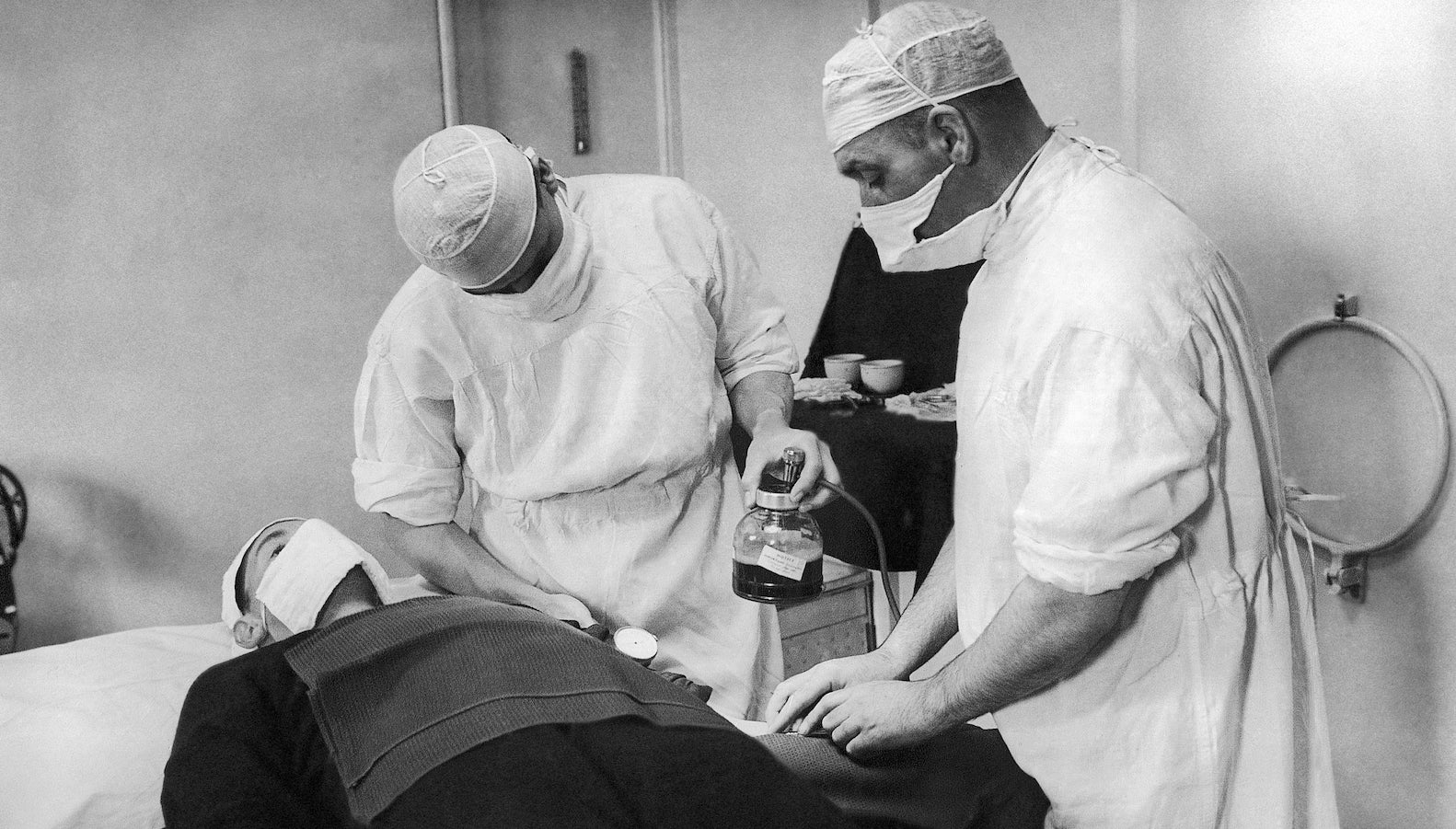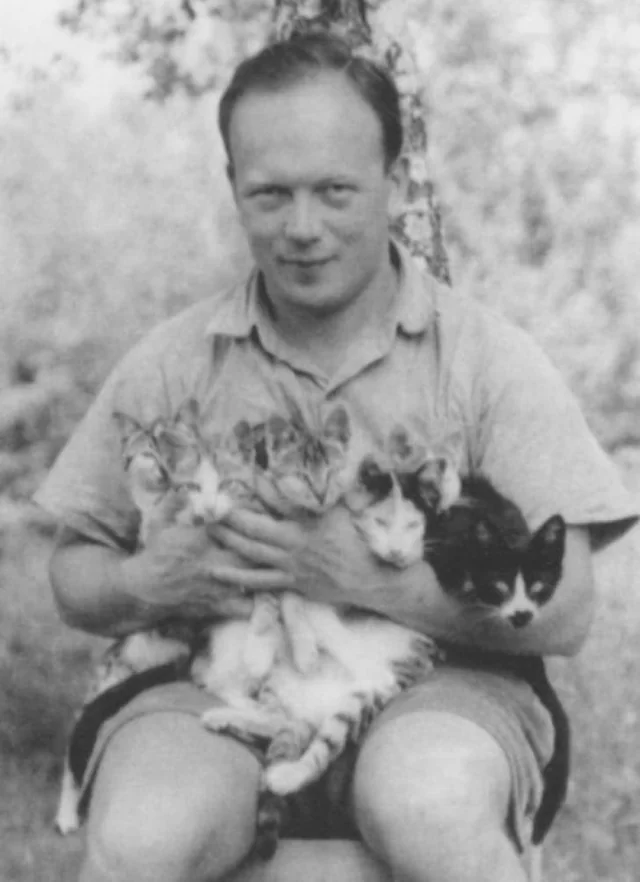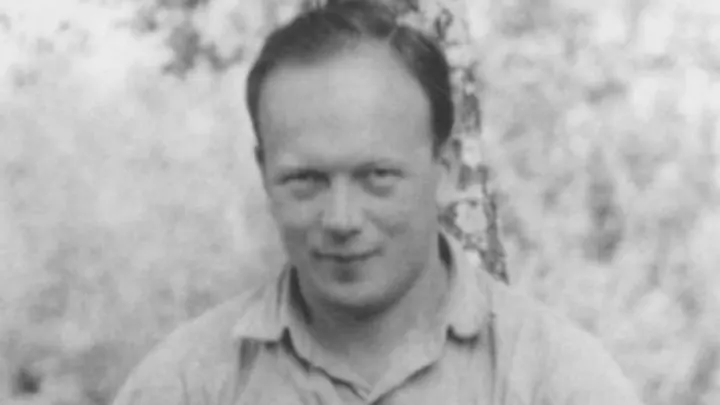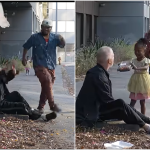The Doctor Who Created a Fake Epidemic to Save Lives

In the midst of the Holocaust, when cruelty overshadowed compassion, one Polish doctor quietly chose to fight back — not with weapons, but with knowledge, courage, and a vial of dead bacteria. His name was Eugene Lazowski, and his act of medical deception would save thousands.
Lazowski was a young physician working in Nazi-occupied Poland. Alongside his colleague, Dr. Stanisław Matulewicz, he discovered something remarkable: if patients were injected with dead Proteus vulgaris OX19 bacteria, their bodies would produce antibodies that mimicked those of typhus. In other words, the tests used by German authorities would show a positive result — even though the patient was perfectly healthy.
This insight became a weapon.
During the war, the Nazis feared typhus above almost everything else. The disease spread quickly, killed indiscriminately, and could decimate entire units. So, when reports surfaced of typhus outbreaks, German forces avoided those regions, sealing them off to “contain” the epidemic.
Lazowski and Matulewicz began injecting villagers in Rozwadów and surrounding areas. Soon, the appearance of a massive typhus epidemic took hold. The illusion worked. Terrified of infection, Nazi authorities quarantined the villages and stopped deportations from the area.
Behind this curtain of disease, life continued. Families that might have been torn apart were spared. Children who would have been herded onto trains never left their homes. By some estimates, 8,000 Jewish and Polish lives were saved — all because two doctors turned medicine into a shield.
It was a dangerous game. Had the deception been uncovered, Lazowski and his patients would have faced immediate execution. Yet he pressed on, knowing that the risk of one life — his own — was worth the chance to save thousands.
After the war, Lazowski eventually emigrated to the United States, where he became a professor of pediatrics in Illinois. For decades, his story remained little known, overshadowed by politics and the weight of history. But today, his actions are remembered as one of the most ingenious — and compassionate — acts of resistance during the Holocaust.
Dr. Eugene Lazowski proved that heroism doesn’t always roar. Sometimes it whispers through cleverness, through quiet defiance, through the refusal to let cruelty win. In the darkest chapter of the 20th century, he turned science into salvation — and left behind a legacy of hope.











